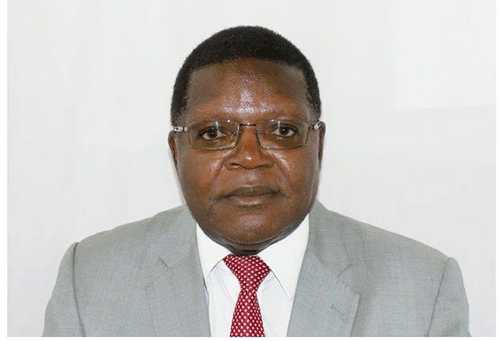Today I decided to touch on a hot subject in higher education that I have always questioned when I read about it or hear it being discussed in academic circles – the subject of what a research-intensive university entails.
More often than not, I have read about higher education institutions masquerading as research-intensive universities without any trace of evidence to show that they truly are research-intensive universities, and others whose mission statements scream that they will be research-intensive universities in the shortest possible future.
From my research on and observation of true research-intensive universities, I have found that research universities are built and propped by constellations of committed and solid professors and researchers, and not by what has been figuratively described in academic circles as academics with clay feet, academics who do not conduct research and thus have very little or no research outputs to their names.
The higher education turf is characterised by global competition and technological and digital advancements, hence the requirement for a high-level scholarship to be central to the core activities of universities if they are to achieve research-intensive university status. The scholarship of a research-intensive university is ubiquitous as it permeates through the ranks of professors, associate professors, deans, faculty, curriculum and pedagogical leaders, among others.
In other words, research-intensive universities offer research-informed undergraduate and graduate programmes to their students. Consequently, professional development is informed by research, teaching, community service, innovation and industrialisation, which has been dubbed ‘education 5.0’ in higher education.
It is, therefore, in line with Hubbal’s (2017) and his colleague’s explanation of a research-intensive university as “a higher education institution with research mandates within diverse disciplines for faculty, undergraduate and graduate students.”
What it means is that a research-intensive university is synonymous with a world-class university. Altbach (2023) summed up the “characteristics of the world-class university into excellence in research, academic and an intellectually stimulating environment, internal self-governance by academics over key aspects of academic life, and adequate facilities and funding”.
The literature further cites other characteristics of a world-class university as the concentration of top talent, abundant resources, favourable governance, high-degree internationalisation, research-intensive, technologically smart and resource-intensive, and institutional autonomy. If we measure our universities against the parameters or characteristics outlined above, we will find that it is a dream to talk of research-intensive universities in some of our higher education institutions in Africa.
I maintain that from the status quo of some universities, it is fallacious to think that one day they will wake up to the glory of being research-intensive universities. What militates against growth in this direction includes a lack of resources, unfavourable governance resulting in the dearth of academic freedom, no incentives for research among faculty members, and little or no research outputs and programmes that are not informed by research.
My aim is not to discourage university leaders and faculty from envisioning the highest degree of growth for their institutions, but to say the truth as it is. Relating to academic freedom, for example, if university professors are politically indoctrinated or brainwashed according to party politics, then we must forget about building research-intensive universities.
Literature observes that governments that nurture research-intensive universities do so by creating an enabling academic environment for professors and researchers to go about their academic work and research without interference or hindrance. Research-focused professors receive support, fairness, trust, recognition, innovation capital and travel grants.
In such cases, research-focused professors actively involve themselves in the global education system, at the same time meeting the developmental agendas of their countries. It is a fact that both global and national education systems have focused advanced research on science, technology, engineering and mathematics to meet the demands of the fast-developing technological and digital societies globally.
It is common in research-intensive universities to use postgraduate students as teaching and research assistants to lessen the teaching load of professors. In essence, doctoral students under the tutelage of professors do the teaching while the professors conduct research. In some cases, research-focused professors use their research funds to hire suitably qualified lecturers to do the teaching while they concentrate on their research activities. Research-intensive universities that allow this kind of arrangement to happen have rules in place that regulate the contracts of hired personnel.
Since research-focused professors have a strong link with industry, they offer research-based teaching whose results benefit their students. Equally important is that students are placed in the industry for work-related learning for long periods. This results in students gaining the practical skills that employers look for. It then becomes easier for students to be absorbed into the industry after completing their studies.
In short, research-intensive universities have been the drivers of research and development and they continue to play this role in the digital world powered by artificial intelligence. These universities employ constellations of research-focused professors who broaden the boundaries of knowledge through research and mentoring graduate researchers.
Email: kjairos@gmail.com



